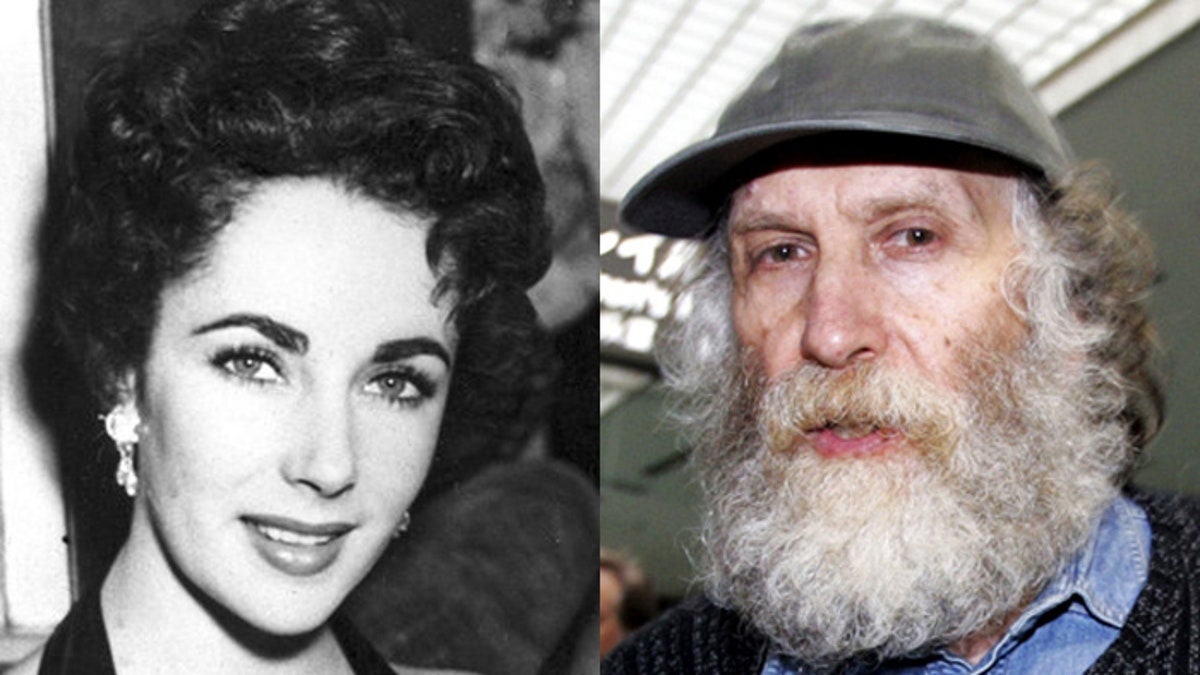
Elizabeth Taylor tried to renounce her citizenship, and chess master Bobby Fischer succeeded.
There are hundreds of people every year who renounce their U.S. citizenship, but there is usually just one reason: Money.
Facebook co-founder Eduardo Saverin stands to potentially save hundreds of millions of dollars by giving up his citizenship, and according to an immigration attorney and expert on citizenship matters, saving on taxes – especially capital gains duties – is usually the reason people make the decision.
“That’s the reason – money,” said Michael Berger, of the Buffalo law firm of Berger, Berger & Slepian. “I can’t think of any other reason why, outside of some sort of protest.”
Last year, nearly 1,800 people renounced their U.S. citizenship, and the federal government publishes a quarterly list that can be viewed online here.
[pullquote]
It’s not just a matter of paperwork. You have to tell the United States in no uncertain terms that you are all out. The Immigration and Nationality Act of 1952 dictates that Americans renouncing their U.S. citizenship must sign an oath of renunciation in the presence of a diplomatic or consular officer at a foreign embassy or consul.
“I hereby absolutely and entirely renounce my United States nationality, together with all rights and privileges and all duties of allegiance and fidelity,” reads the oath.
The State Department can reject the renunciation. And even if it goes through, to make it stick, former citizens must live elsewhere for at least 183 days of the year. For Saverin, that means spending at least half his days in his native Brazil or Singapore, where he owns a home and which, incidentally, has zero tax on capital gains -- or investment income, like the estimated $4 billion he could make off of Facebook’s initial public offering.
Renouncing citizenship puts Saverin in league with a screen siren, a comedian, a chess master and a civil rights icon in his decision. Here are some famous examples of folks who renounced (or almost renounced) their U.S. citizenship:
- Elizabeth Taylor nearly renounced her U.S. citizenship in 1965 in a bid to keep her European income out of the Internal Revenue Service’s hands. But State Department officials denied her request when she failed to complete the renunciation oath, refusing to disavow “all allegiance to the United States of America.”
- Monty Python comic Terry Gilliam, the only American in the famous troupe, renounced in 2006 and became a British citizen, saying, “when I kick the bucket, American tax authorities assess everything I own in the world—everything I own is outside of America—and then tax me on it, and that would mean my wife would probably have to sell our house to pay the taxes.”
- Bobby Fischer, the chess champion who violated a U.S. travel ban in 1992 by playing a match against longtime rival Boris Spassky in Yugoslavia, became a citizen of Iceland and renounced about five years ago.
- W.E.B. Du Bois, considered by many to be the father of the U.S. civil rights movement, renounced his citizenship and moved to Ghana, where he died in 1963 at the age of 95.





















